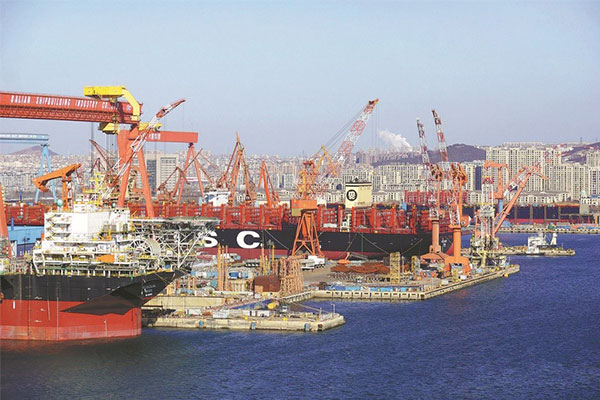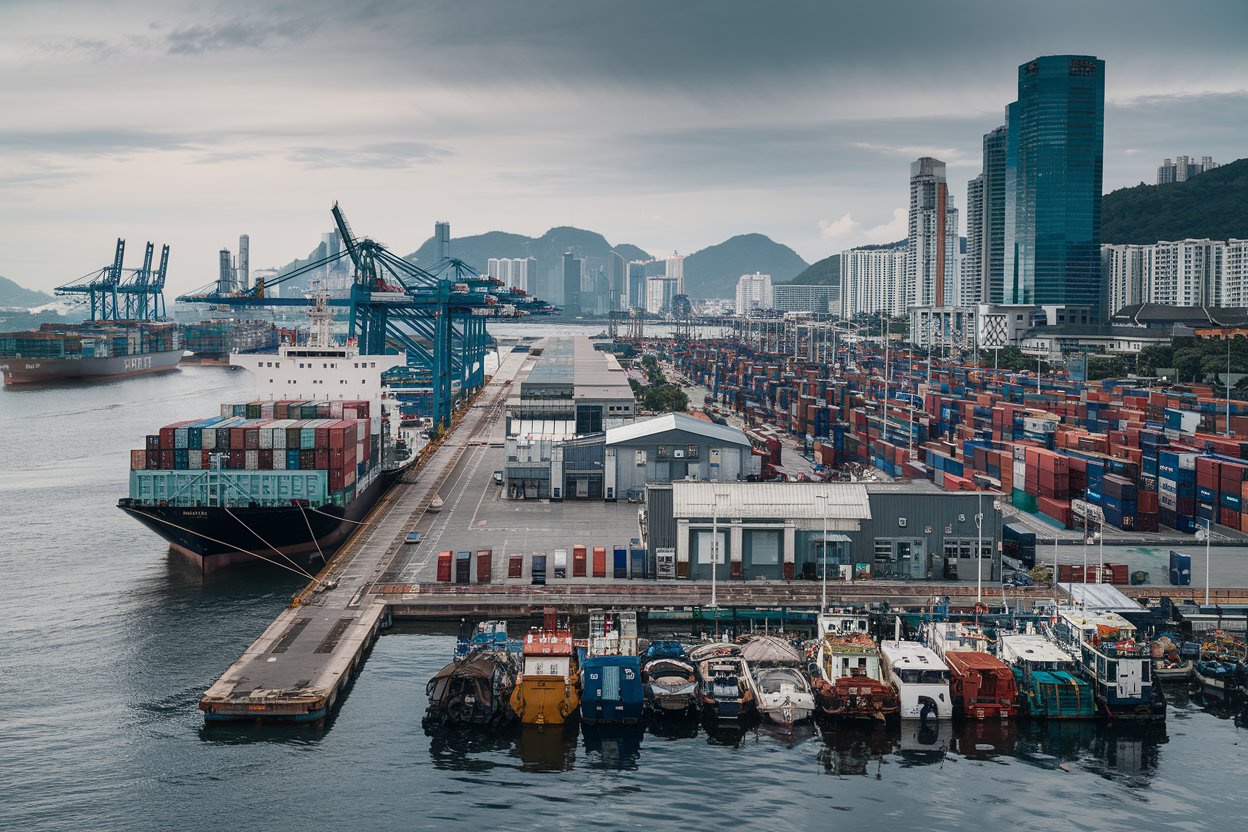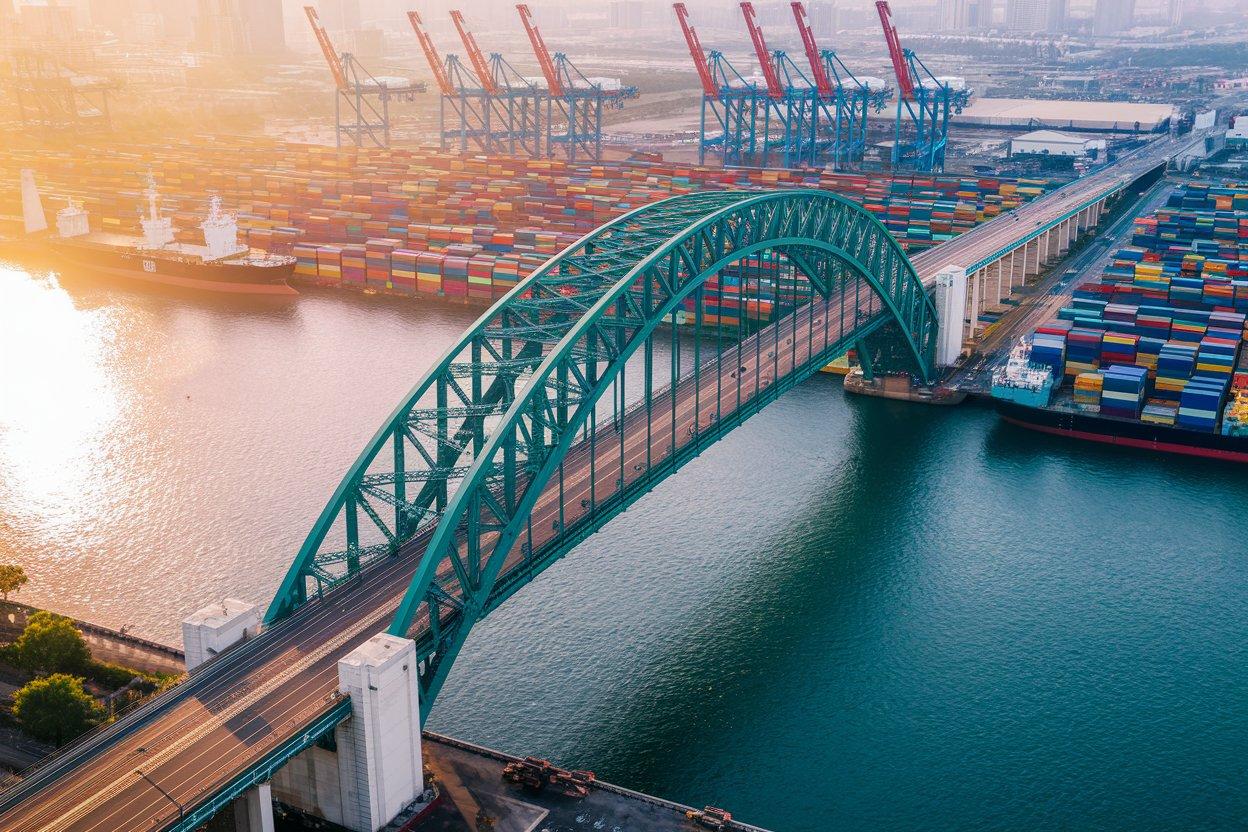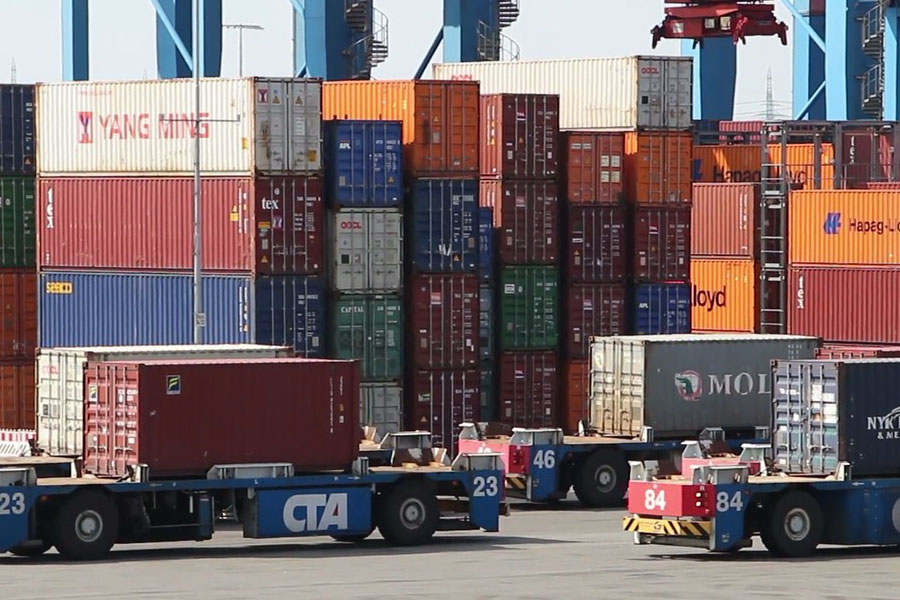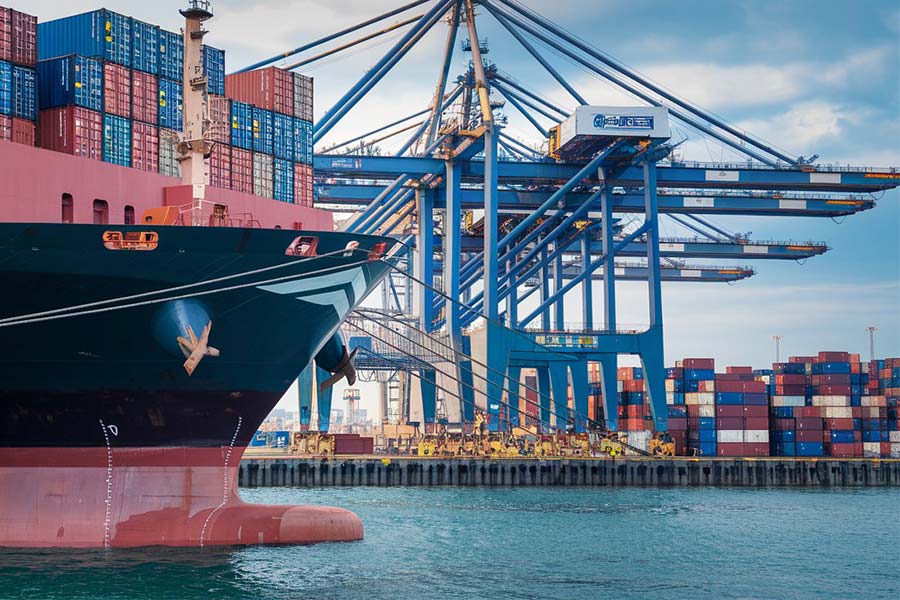- Shanghai Zhongshen International Trade Co., Ltd., with 20 years of experience in foreign trade import and export agency services.
- Service Hotline: 139 1787 2118

With the continuous development of global trade, prepackaged food has gained popularity in domestic and international markets due to its convenience and high quality. This article provides a detailed analysis of the agency prepackaged food export process to help relevant enterprises and individuals understand key aspects of export business and improve export efficiency.
I. Pre-export Preparation
Key Step 1: Understanding the Export Market
Before exporting prepackaged food through an agency, it is essential to thoroughly understand the target markets laws and regulations, consumer preferences, and competitive landscape. This helps formulate product strategies that meet market demands and improve export success rates.
Key Step 2: Selecting the Right Agency
Choosing a professional agency is crucial for prepackaged food exports. The agency should possess extensive export experience, strong industry connections, and efficient logistics capabilities.
Key Step 3: Product Certification and Packaging
To ensure products meet export standards, prepackaged food must obtain relevant certifications. Meanwhile, proper product packaging enhances safety during transportation.
II. Detailed Export Process
Key Step 1: Signing the Contract
Sign a formal export contract with the client to clarify the rights and obligations of both parties and ensure smooth transaction.
Key Step 2: Handling Export Procedures
IncludingExport customs declaration, inspection declaration, foreign exchange management, etc. The agency needs to assist the company in completing these procedures to ensure smooth export process.
Key Step 3: Goods Transportation
Select appropriate transportation methods according to customer requirements, such asOcean shipping,air freight, etc. The agency needs to maintain close communication with logistics companies to ensure timely arrival of goods at the destination.
Key Step 4: After-sales Service
During the export process, the agency needs to provide customers with quality after-sales services such as product consultation and after-sales support to enhance customer satisfaction.
III. Post-export Considerations
Key Step 1: Timely Information Feedback
Maintain good communication with customers and provide timely updates on goods status to ensure both parties have clear understanding of the export situation.
Key Step 2: Proper Dispute Resolution
In case of customer complaints or disputes, the agency needs to respond proactively and handle them properly to protect the rights and interests of both parties.
Key Step 3: Continuous Export Process Optimization
Based on export experience, continuously optimize the export process to improve efficiency and reduce costs.
Conclusion
The agency-processed prepackaged food export process involves multiple steps and requires joint efforts from companies, agencies, and customers. By gaining in-depth understanding of the export process, selecting appropriate agencies, and completing product certification and packaging properly, companies can better seize market opportunities and improve export success rates. Meanwhile, paying attention to post-export considerations helps protect the rights and interests of both parties and promote trade cooperation.
Recommended for You
Contact Form
? 2025. All Rights Reserved. Shanghai ICP No. 2023007705-2  Shanghai Public Network Security Record No. 31011502009912
Shanghai Public Network Security Record No. 31011502009912
